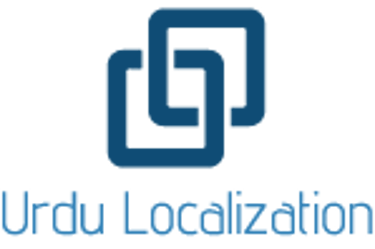
Urdu Translation for Legal Tech Platforms: Bridging Law and Language
2 min read

Legal technology (Legal Tech) is rapidly changing how people access justice, draft contracts, and interact with courts. From AI-powered contract review tools to digital case management systems, these platforms are designed to simplify law for businesses and individuals. But for Urdu-speaking users, the effectiveness of Legal Tech depends entirely on accessibility. Without professional Urdu translation and localization, these tools risk excluding millions of people from legal empowerment.
Why Legal Tech Needs Urdu Translation
Legal Tech platforms often handle sensitive, complex content — contracts, compliance documents, case histories, or regulations. For users in Pakistan, India, and diaspora communities, navigating these platforms in English can create barriers. Professional Urdu translators ensure that legal language is not only translated but also explained in a way that aligns with local laws, cultural understanding, and linguistic nuance. This makes technology usable and trustworthy.
The Challenge of Legal Terminology
Law is full of precise, technical terminology that cannot be mistranslated. Words often carry multiple meanings, and context decides their true intent. In Urdu, many legal terms require careful adaptation to avoid misinterpretation. For example, the translation of “consideration” in contract law differs from everyday use of the word. Human Urdu translators with legal expertise ensure accuracy, while Urdu proofreading and editing services guarantee that no small error undermines the meaning of a contract or regulation.
Urdu Localization for Legal Interfaces
Beyond translation, Urdu localization plays a key role in Legal Tech. Interfaces must support right-to-left (RTL) Urdu script, properly align text, and display legal forms clearly. Even a misaligned field in a contract generator or a broken dropdown menu in an online case filing tool can create confusion. Professional Urdu localization services address these technical issues, ensuring that platforms feel seamless and user-friendly.
Building Trust in Digital Justice
Trust is vital in legal contexts. Clients must feel confident that their contracts, filings, and rights are represented clearly. Poorly translated documents or machine-generated Urdu can create misunderstandings that cost time, money, or even legal rights. Legal Tech platforms investing in professional Urdu translators and localizers demonstrate reliability, professionalism, and respect for their users.
Opportunities for Global Reach
Legal Tech is not limited to one region — many startups aim to scale globally. By offering Urdu translation and localization, companies open doors to millions of new users across South Asia and worldwide diaspora communities. Whether for small business contracts, compliance tools, or access-to-justice initiatives, including Urdu increases inclusivity and market reach.
Investing in Urdu translation and localization is not just about language — it is about democratizing access to justice. By bridging law and language, Legal Tech platforms empower Urdu-speaking users to understand their rights, manage their businesses, and resolve disputes confidently. In a digital-first world, this is how technology truly becomes transformative.
